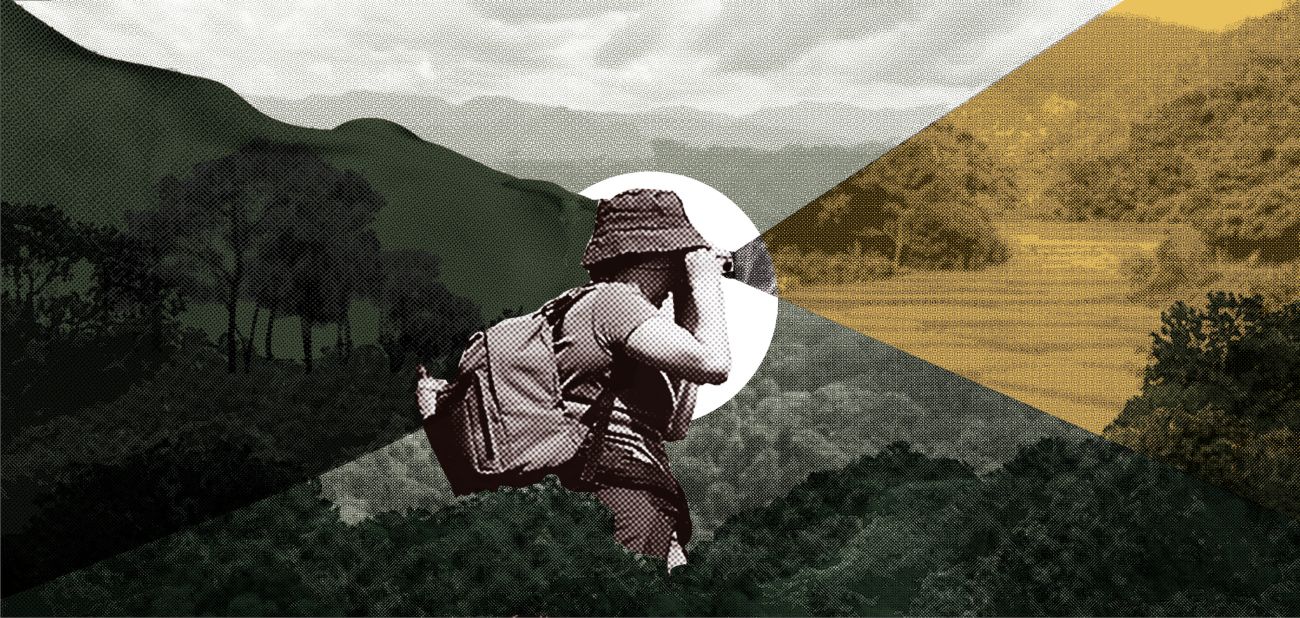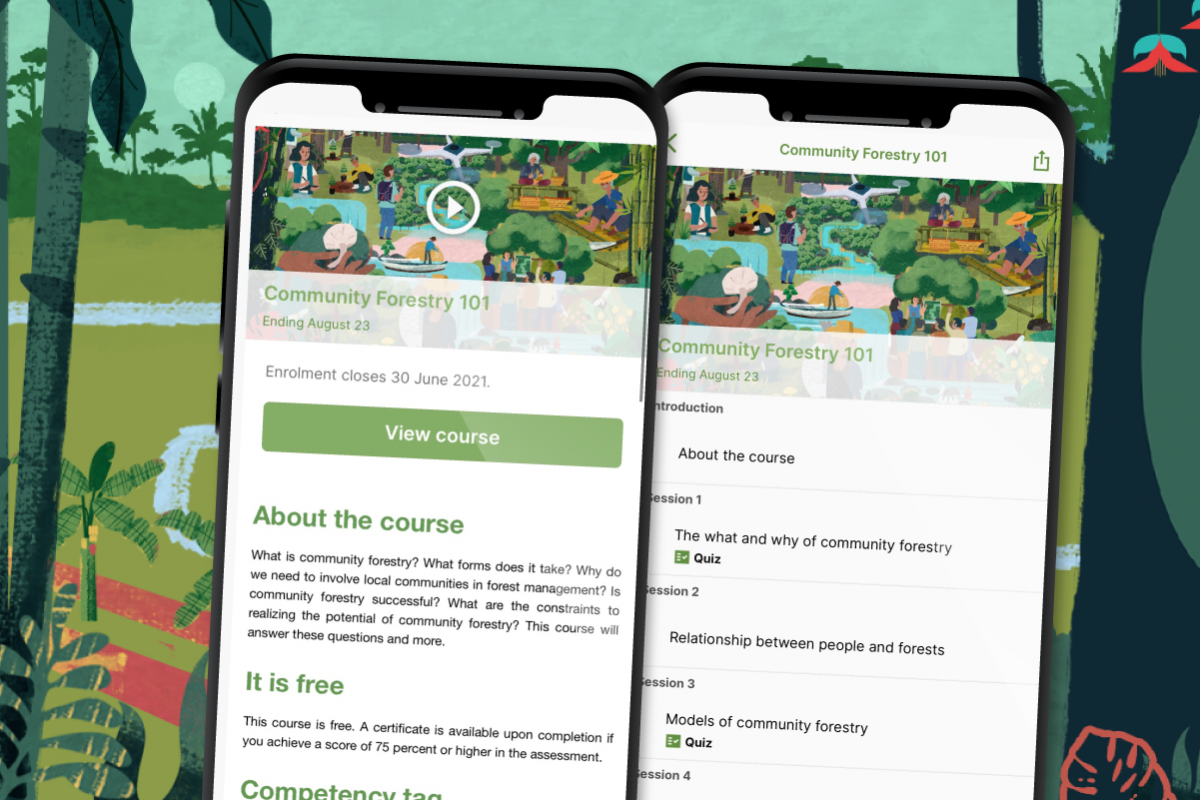

As southeast Asian nations continue to fight the COVID-19 pandemic, they must also focus on mitigating climate change, restoring ecosystems and ending poverty and inequality. The next few years will be crucial, and forests have a big role in what needs to be done.
RECOFTC is responding to these challenges by boosting its efforts to build strong partnerships among forest communities, governments and the private sector. As always, these partnerships will be forged based on trust, accountability, transparency and mutual respect.
With its focus on community forestry, RECOFTC will contribute to equitable and effective progress under the post-2020 Global Biodiversity Framework, the United Nations Decade of Ecosystem Restoration 2021–2030, the Sustainable Development Goals and the Paris Agreement on climate change.
Here are just a few of the initiatives on RECOFTC’s horizon in the year ahead.
World’s first forest landscape governance research network
Governments across Southeast Asia increasingly see the need to tackle environmental and development challenges at the landscape scale. But policymakers often lack knowledge about forest landscape governance and balancing different interests in these landscapes to ensure sustainable outcomes.
To fill some of these gaps, RECOFTC and the Center for International Forestry Research launched a research network and community of practice in October 2020 called Explore. The network will help universities and researchers work with policymakers, civil society, the private sector and communities to co-create and apply emerging knowledge.
Explore will first focus on Cambodia, Indonesia, Lao PDR, Myanmar, Thailand, the Philippines and Viet Nam. It will support researchers working on forest landscape governance as it relates to gender, climate change, the environment, human rights, poverty alleviation and COVID-19 recovery. Register interest in joining here.
Improving forest education in the Asia–Pacific region

Education about forests is vital for the transition to a sustainable future. It provides the knowledge, skills and societal understanding needed to protect forests, their biodiversity and their roles in mitigating climate change and ensuring human health and security.
RECOFTC, the Food and Agriculture Organization of the United Nations (FAO) and the International Timber Trade Organization conducted research that revealed significant gaps in all levels of education about forests across the Asia–Pacific region. These include challenges with curriculum content, exposure to forests, resource levels, practical experience and pathways to forest-related jobs. These gaps threaten efforts to limit climate change, conserve biodiversity and achieve sustainable development.
RECOFTC reached these conclusions after tapping into its regional network and surveying 435 teachers, lecturers, university students and professionals in forest-related jobs. This effort was part of FAO’s Global Assessment of Forest Education. The findings will help to shape and improve forest education through a new initiative led by the Collaborative Partnership on Forests.
Strengthening capacity with free e-courses

Southeast Asian countries have ambitious targets for community forestry, which is a broad approach to forest management that empowers communities to manage and benefit from local forests. If these targets are met, communities will be managing around 30 million hectares of forests by 2030.
But as RECOFTC has shown, formal social forestry education is lagging, potentially jeopardizing the commitments.
RECOFTC has more than 30 years of experience as a knowledge hub for community forestry in the Asia–Pacific region. It is helping to strengthen capacity for community forestry among university staff and students, researchers, civil society groups and decision-makers at all levels. The Community Forestry 101 e-course, an example of this commitment can be found on RECOFTC’s Learning Gateway.
“I am applying my enhanced knowledge of community forestry principles and practices gained through the course in my day-to-day work in Indigenous advocacy,” says June Cadalig Batang-ay, who works with Tebtebba Foundation, the Indigenous Peoples' International Centre for Policy Research and Education in the Philippines.
Some 1,160 people registered to take the course and 155 learners have completed the first enrolment round that launched in November 2020. Next up are new e-courses on policy analysis and forest governance, and on inclusive community-based enterprises, which is a powerful solution for safeguarding forests and empowering communities that depend on them.
